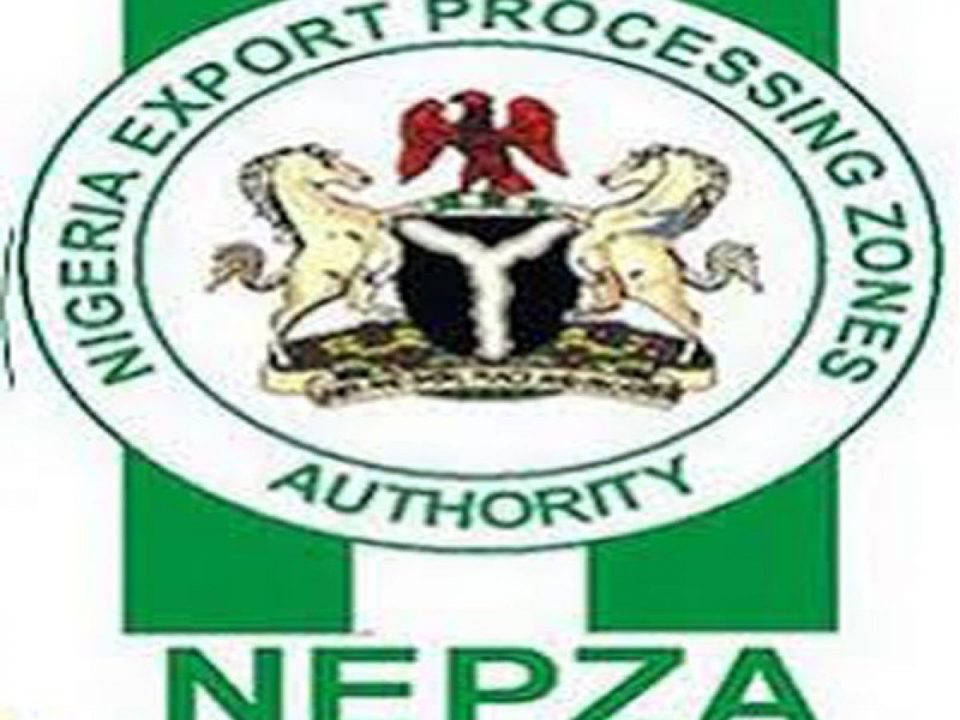The Nigeria Export Processing Zones Authority (NEPZA) has raised objection to sections of the proposed Custom Service Reform Bill, pointing out that they tended to weaken and subvert the country’s special economic zones.
In its submission during a public hearing on the bill at the House of Representatives, NEPZA explained that the free zones are areas designated as such by the president to serve as one-stop-shop investment hub wherein incentives are provided in form of tax holidays, simplified Customs and Immigration processes, amongst others, with a view to attracting investors.
The authority authority argued that the proposed amendment bill seeking to give the service powers to make regulations in the zones will “weaken and subvert” their laudable objectives.
It said, the One-Stop-Shop concept, in furtherance of which regulations were made for all the active free zones, with the involvement of customs and all relevant stakeholders, would be eroded if the provisions of the bill were allowed.
In a statement issued by its spokesman, Mr. Martins Odeh, NEPZA added that by providing regulations for the free zones, the customs would be setting a dangerous precedent, as other agencies would want to follow suit.
The free zones’ regulator further maintained that the development if not nipped in the bud would result in either multiple regulations that might be contradictory thereby creating avoidable legal tussles or make registration of enterprises unnecessarily cumbersome and unattractive.
It stated, “The proposed sections of the bill which seek to make the Free Zones Customs- Controlled Zones invariably seek to create antithetical Free Zones Customs Territory alien to the global free trade zone model used around the world.
While listing specific areas of the bill it finds objectionable, the authority stated that it had through the operations of the free zones contributed tremendously to the national economy, noting that the Lekki Free Zone Quadrant that comprised Lekki Free Trade Zone, Lagos Free Zone, Dangote Free Zone Enterprises and the Alaro City Free Zone as well as the Calabar Free Zone and the Kano Free Zone were alluring testaments of how it continued to fast track the country’s Industrialisation.
NEPZA said, “Dangote Free Zone, a national asset is a zone with enormous prospects for Nigerian economy. With the heightened insecurity in Nigeria amidst the COVID-19 Pandemic, the introduction of new bureaucratic bottleneck such as this proposed legal framework, would only scare away investors and retard the free trade zone scheme.
“Bureaucratic bottlenecks have been identified as one of the reasons for Nigeria’s low ranking on the World Trade Organisation’s index of Ease of Doing Business.
“The free zone scheme, therefore, seeks to tackle the problem of corporate investments characterized by bureaucratic challenges, multiple taxation, conflicting regulations.”
The authority further allayed the fears of the customs about revenue leakages, adding that it had put in place proper customs procedures and regulations to guide investors operating in the zones in order to avoid or prevent bureaucratic bottlenecks, as well as ensuring that all applicable laws, regulations and guidelines were duly observed.
NEPZA added that safeguards could be ascertained in its enabling Act, as well as the regulations of the respective free zones.
The authority, therefore, urged the National Assembly to be circumspect by avoiding the temptation of allowing any legal framework that would cripple NEPZA and the free zone scheme.




